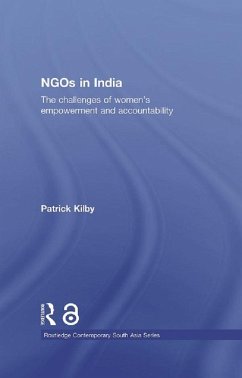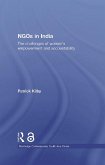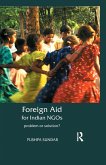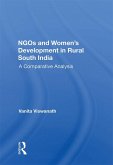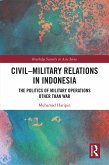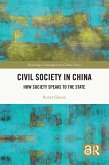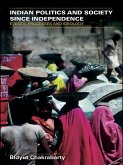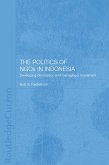By examining how NGOs operate in Southern India in the early 2000's, this book discusses the challenges faced by small, local NGOs in the uncertain times of changing aid dynamics. The key findings focus on what empowerment means for Indian women, and how NGO accountability to these groups is an important part of the empowerment being realised.
The notion of community empowerment, in which the 'solidarity' of a group can be a path to individual empowerment, is discussed, as well as analysing how empowerment can be a useful concept in development. Based on case studies of 15 NGOs as well as in-depth interviews with 80 women's self-help groups, the book highlights the key features of effective empowerment programs. The author uses innovative statistical analysis tools to show how a key factor in empowerment of marginalised women is the accountability relationship between themselves and the supporting NGO. The book goes on to discuss the ways that NGOs can work with communities in the future, and recognises the limitations of a donor-centric accountability framework. It provides a useful contribution to studies on South Asia as well as Gender and Development Studies.
Dieser Download kann aus rechtlichen Gründen nur mit Rechnungsadresse in A, B, BG, CY, CZ, D, DK, EW, E, FIN, F, GR, HR, H, IRL, I, LT, L, LR, M, NL, PL, P, R, S, SLO, SK ausgeliefert werden.

